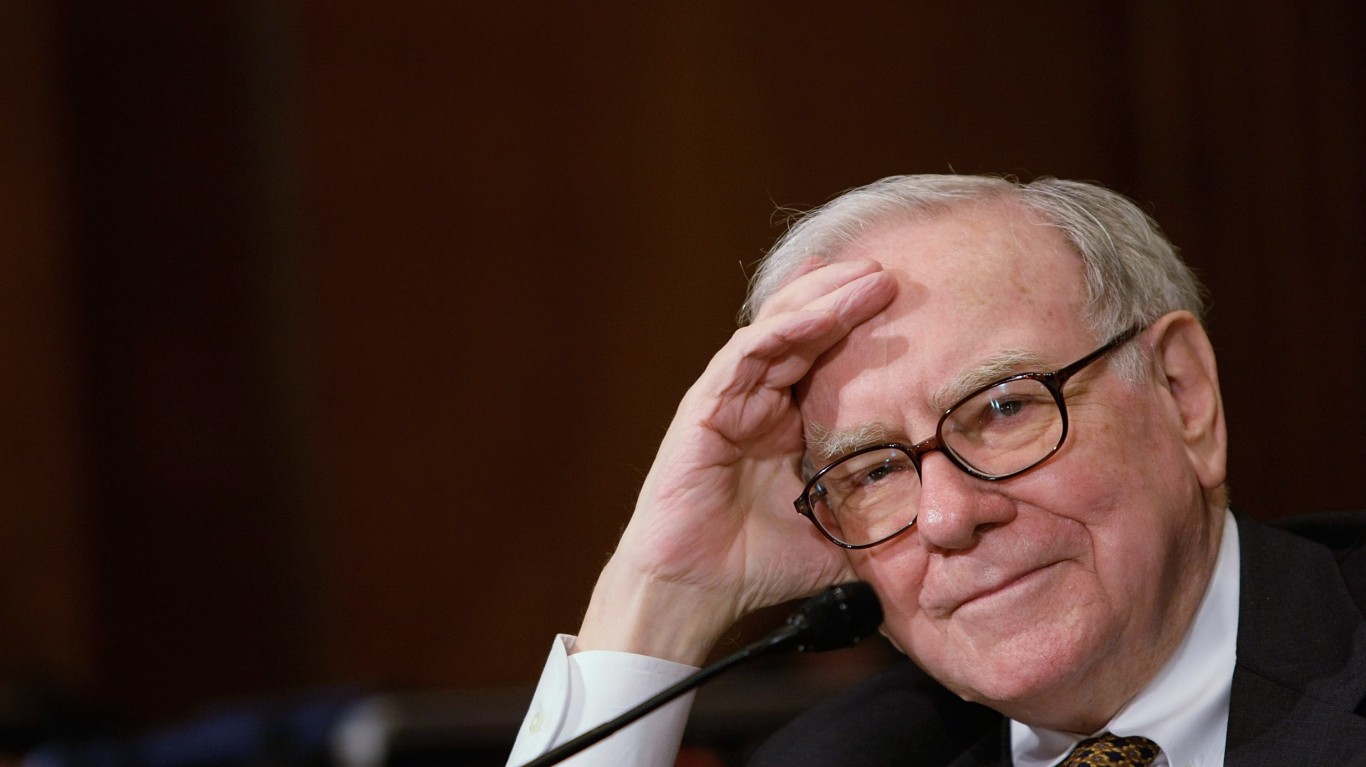China has admitted publicly that its second half economic situation will be poor, a statement of what experts around the world have said for months. PMI numbers have been weak almost every month this year. Factory production has been sluggish. Inflation has been low by historical standards. China’s central bank has dropped interest rates several times. China’s export machine cannot escape Europe’s problems, which have hurt every other major export economy in the world. Reuters reports:
China’s trade outlook for 2012 is worsening, darkened especially by growing problems in Europe, the Commerce Ministry said on Thursday as it revealed the longest run of falling inward investment growth in the economy since the 2008-09 global crisis.
The ministry singled out problems in the European Union — China’s biggest overseas market — as the core difficulty for exporters to overcome as it published data showing foreign direct investment (FDI) from the EU fell 2.7 percent year on year to $4.0 billion in the first seven months of 2012.
What’s Next for Facebook?
There is a debate about the effect of the end to a lockup of 471 million Facebook Inc. (NASDAQ: FB) shares, which could flood the market with sales. One school of thought is that the weight of the selling will press the stock to new lows. Short sellers have lined up in preparation for that. Another opinion is equally compelling. The chance of a sell-off is already baked into Facebook’s shares, which have dropped 25% in the past month. That drop may be due to more than poor performance. Traders who have worried about the lockup have fled. And there is a chance that many of the people and companies that owned the locked up shares believe that the share price is too low. They could think that Facebook can turn back investor opinion with some success in the ad sales arena and a quarter of strong earnings.
Eurozone Inflation in July
Eurozone inflation was stable in July, as might be expected in such a weak economy. Eurostat reported:
Euro area annual inflation was 2.4% in July 2012, stable compared to June. A year earlier the rate was 2.6%. Monthly inflation was -0.5% in July 2012. EU annual inflation was 2.5% in July 2012, also stable compared to June. A year earlier the rate was 2.9%. Monthly inflation was -0.4% in July 2012.
And, by nation:
In July 2012, the lowest annual rates were observed in Sweden (0.7%), Greece (0.9%), Germany and Latvia
(both 1.9%), and the highest in Hungary (5.7%), Malta (4.2%) and Estonia (4.1%). Compared with June 2012, annual inflation fell in twelve Member States, remained stable in one and rose in fourteen.
The lowest 12-month averages up to July 2012 were registered in Sweden (1.0%), Ireland (1.6%) and Greece (1.8%), and the highest in Hungary (4.9%), Estonia (4.6%) and Slovakia (4.1%).
Douglas A. McIntyre
Are You Still Paying With a Debit Card?
The average American spends $17,274 on debit cards a year, and it’s a HUGE mistake. First, debit cards don’t have the same fraud protections as credit cards. Once your money is gone, it’s gone. But more importantly you can actually get something back from this spending every time you swipe.
Issuers are handing out wild bonuses right now. With some you can earn up to 5% back on every purchase. That’s like getting a 5% discount on everything you buy!
Our top pick is kind of hard to imagine. Not only does it pay up to 5% back, it also includes a $200 cash back reward in the first six months, a 0% intro APR, and…. $0 annual fee. It’s quite literally free money for any one that uses a card regularly. Click here to learn more!
Flywheel Publishing has partnered with CardRatings to provide coverage of credit card products. Flywheel Publishing and CardRatings may receive a commission from card issuers.
Thank you for reading! Have some feedback for us?
Contact the 24/7 Wall St. editorial team.






